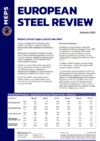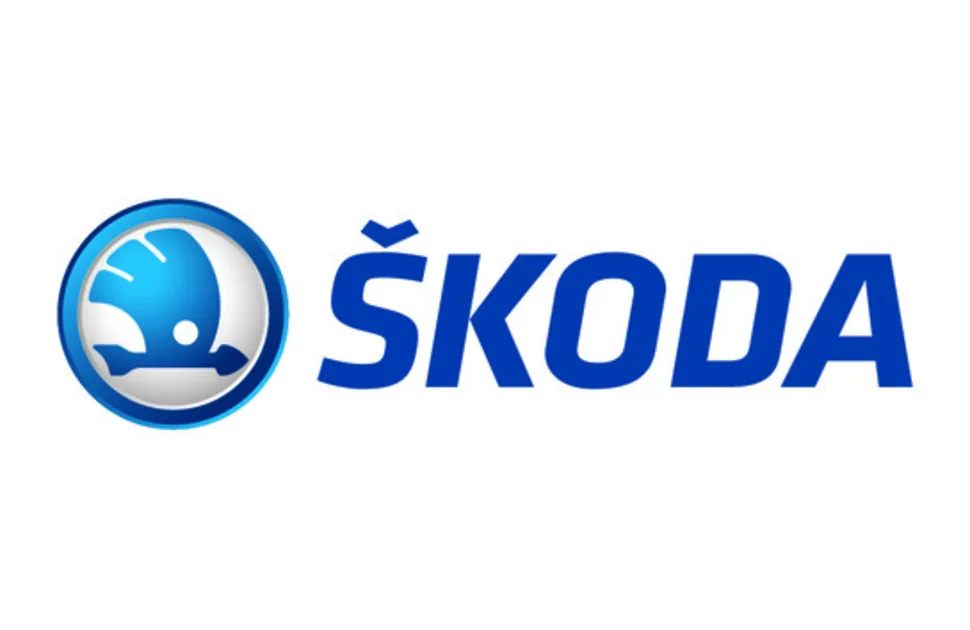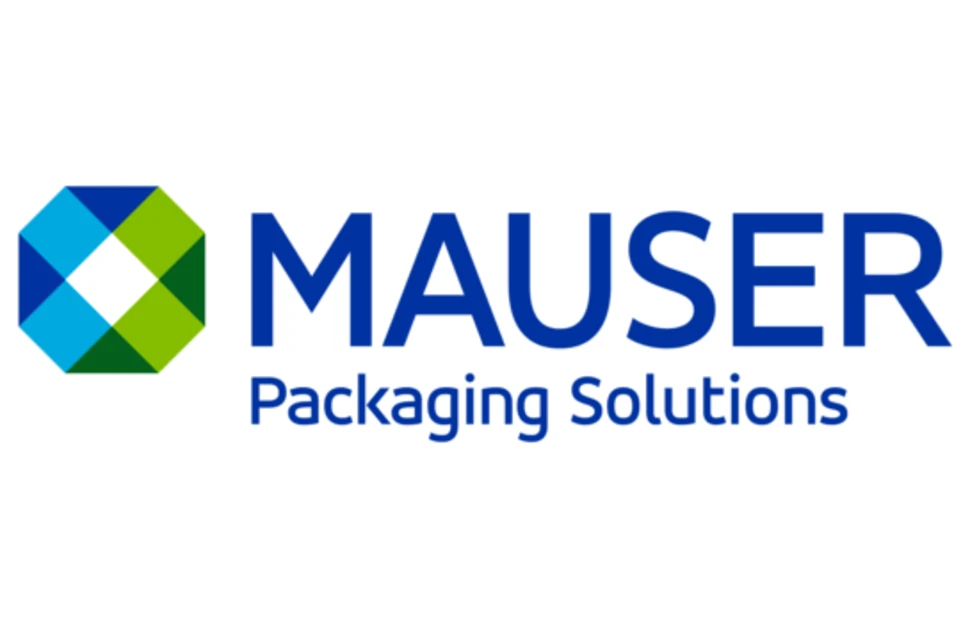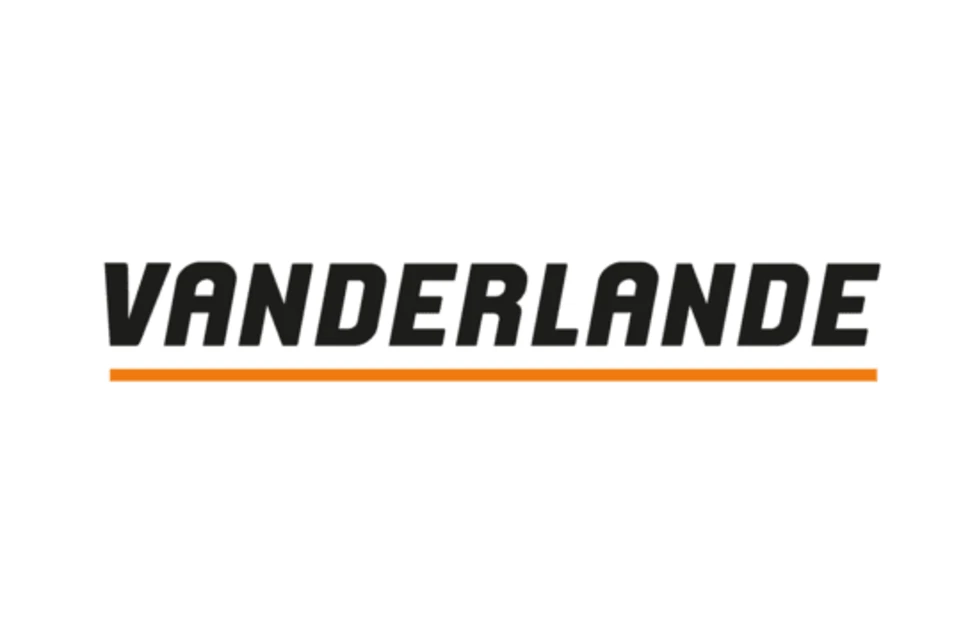Global steel production and capacity round-up, Jan 2024
Updates to anti-dumping duties, steel import sanctions and mill operations across the globe are among MEPS International’s latest round-up of developments affecting steelmaking production and capacity.
The summary below has been compiled from articles that first appeared in the MEPS European Steel Review, International Steel Review and Stainless Steel Review. Visit the MEPS website for details of how to subscribe to the monthly reports, which provide subscribers with steel prices and indices, market commentary and steel price forecasts.
Europe
Tata Steel
Tata Steel will close its two blast furnaces in Port Talbot, South Wales, as part of a transition to EAF-based green steel production.
The company aims to “reverse more than a decade of losses” through the £1.7 billion plan, which could result in 2,800 job losses.
One first blast furnace will close in mid-2024, Tata said. The remaining heavy-end assets will wind down in the second half of 2024.
Tata’s proposal also includes the closure of the continuous annealing processing line in March 2025.
The UK government has committed £500m to the cost of Port Talbot’s move to EAF developments. EAF-based steelmaking is expected to commence at the site in 2027.
Import sanctions
The EU will limit imports of Russian-origin pig iron as part of its latest sanctions package.
A quota of 1.14 million tonnes has been applied for 2024, with a further 700,000 tonnes allowed in 2025. Russian-origin pig iron imports will be banned completely from 2026 onwards.
The EU has also confirmed that quotas on Russian slab will be extended until 2028. The prohibition on billet imports, applicable from April 1, 2024, remains unchanged.
Klöckner & Co
Germany’s Klöckner & Co has confirmed that it is selling its distribution operations in Belgium, France, the Netherlands, and the United Kingdom, to Spain's Hierros Añón SA.
In the first nine months of 2023, these businesses together generated EUR621 million in revenue, accounting for approximately 10% of Klöckner & Co's total sales.
The deal, subject to regulatory approval and employee consultation, is expected to be closed in the first half of 2024.
EU/US trade
The US government extended the tariff-rate quota system applied to steel products melted and poured in the EU until December 31, 2025.
Imports above the quota will continue to attract a Section 232 tariff rate of 25%. In response, the EU has agreed to suspend rebalancing tariffs until April 1, 2025.
The reciprocal actions come after the US government and European Commission failed to formalise a low-carbon free trade agreement by their December 31, 2023, deadline.
Metinvest
Ukrainian steelmaker Metinvest and Italian equipment manufacturer Danieli have announced their intention to cooperate on the construction of a new hot strip mill.
The new EAF-based facility in Piombino, Tuscany, will be named Digital Green Steel and has a planned annual production capacity of up to 2.7 million tonnes.
The partnership has set a tentative site commissioning date of 2027. However, this is dependent on approval from local authorities.
Salzgitter Flachstahl
Salzgitter Flachstahl’s Blast Furnace A has been restarted following the completion of a 100-day maintenance outage.
The EUR100 million overhaul included a complete refractory lining replacement and updates to the furnace process and control technology.
Salzgitter has previously stated that this is the last ever blast furnace reline that it will undertake. The company is now focused on the transition towards steelmaking via DRI plants and EAFs through its SALCOS (Salzgitter Low-CO2 Steelmaking) programme.
Outokumpu
Outokumpu is limiting ferrochrome production at its Tornio facility in Finland. The company is temporarily idling one of the site’s three ferrochrome furnaces and one of the two sintering plants until autumn 2024 due to weak market demand.
Outokumpu has also confirmed that it has completed the acquisition of a 10% stake in German stainless steel scrap recycler Cronimet as part of its efforts to secure supplies of high-quality scrap.
Asia
ArcelorMittal Nippon Steel India
ArcelorMittal Nippon Steel India has revealed plans to make its Hazira facility the world’s largest integrated steel mill.
Work is already underway on developments that will increase the current annual capacity of the site, in Gujarat, from nine million to 16 million tonnes per year. This work is scheduled to be completed in 2026.
The newly announced second phase of expansion, currently expected online in 2029, will further expand the Hazira facility’s annual capacity to a world-leading 24m tonnes.
Posco
The first phase of construction of Posco’s new non-grain-oriented electrical steel plant in Gwangyang has been completed.
The site now has an annual output of up to 150,000 tonnes. A second phase of construction, due to be completed toward the year-end, will increase this to 300,000 tonnes per year.
The company has invested close to USD750 million on this facility.
Baosteel Zhanjiang
Baosteel Zhanjiang has started production at its new DRI plant in Guangdong province.
Industrial equipment manufacturer Danieli completed the development of the new facility for the Chinese steelmaker.
The new DRI plant will have an annual operating capacity of up to one million tonnes. It can use natural gas, coke oven gas or hydrogen as a reducing agent.
Fujian Sanbao
Fujian Sanbao has commissioned a new hot strip mill at its Zhangzhou site.
The new equipment will be capable of producing up to 4.5 million tonnes of hot rolled coil in widths up to 1,780mm. It will be supplied by the company’s BFs and EAFs, which are currently operating at the same site.
Trade Defence - Asia
South Korea
The South Korean Ministry of Trade Industry and Energy has terminated antidumping duties on stainless steel bars from India, Japan and Spain.
Material from India had received rates ranging from 3.5% to 15.4%, whereas Japanese and Spanish imports were charged at 15.4%. These duties, in place since 2004, were removed as no domestic producers filed for an extension review, which is a necessary step for these duties to be WTO compliant. Similar measures, applied to stainless steel bars sourced from Italy and Taiwan, are expected to expire in May 2024 for the same reason.
China
A similar rationale has led the Chinese Ministry of Commerce to urge domestic producers of stainless steel billet, coils and plate to submit requests for a tariff review.
Tariffs on these products sourced from the EU, Indonesia, Japan and South Korea – ranging from 20.2% to 103.1% – are set to expire in July 2024. Extension review applications must be submitted 60 days prior to the expiry date.
Taiwan
Taiwan’s Ministry of Finance has also informed interested parties that antidumping duties applied to 300 series cold rolled stainless steel sheets and coils sourced from China and South Korea are set to expire in August 2024. Tariff rates are currently set at 37.7% to 38.1%.
North America
Trade defence
The US Department of Commerce has concluded its review of antidumping duties applied to rebar imported from Turkey.
Material produced by Colakoglu Metalurji and Colakoglu Dis Ticaret are exempt from duties as they were determined not to have dumped rebar in the US during the review period. A duty rate of 25.86% will be applied to all other Turkish sources of rebar.

Source:
European Steel Review
The MEPS European Steel Review is an informative, concise and easy-to-use monthly publication, offering unique professional insight into European carbon steel prices.
Go to productRequest a free publication





